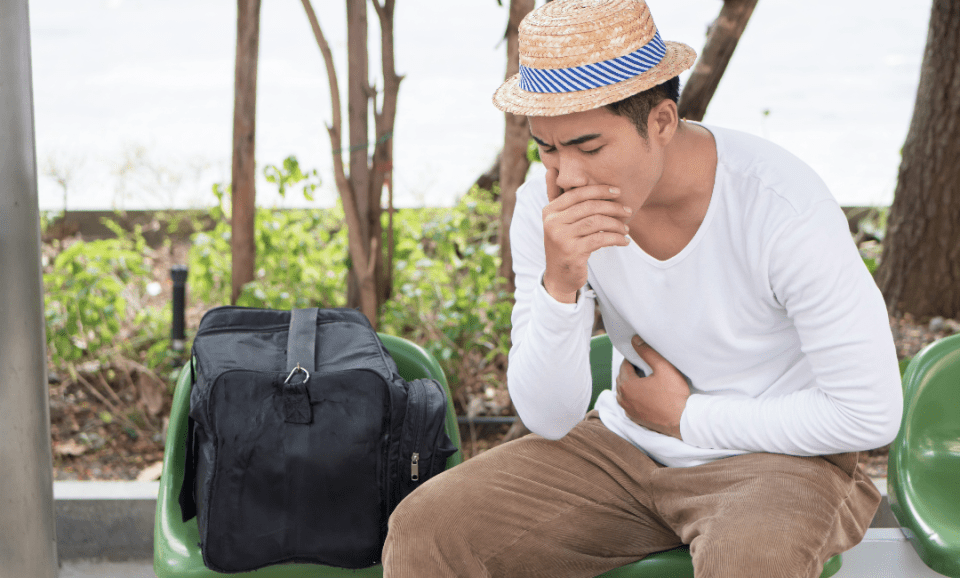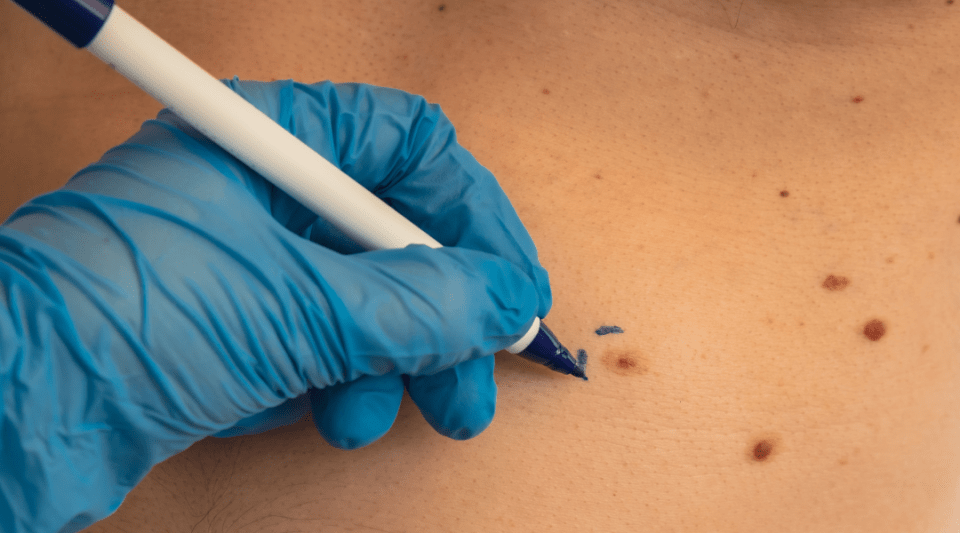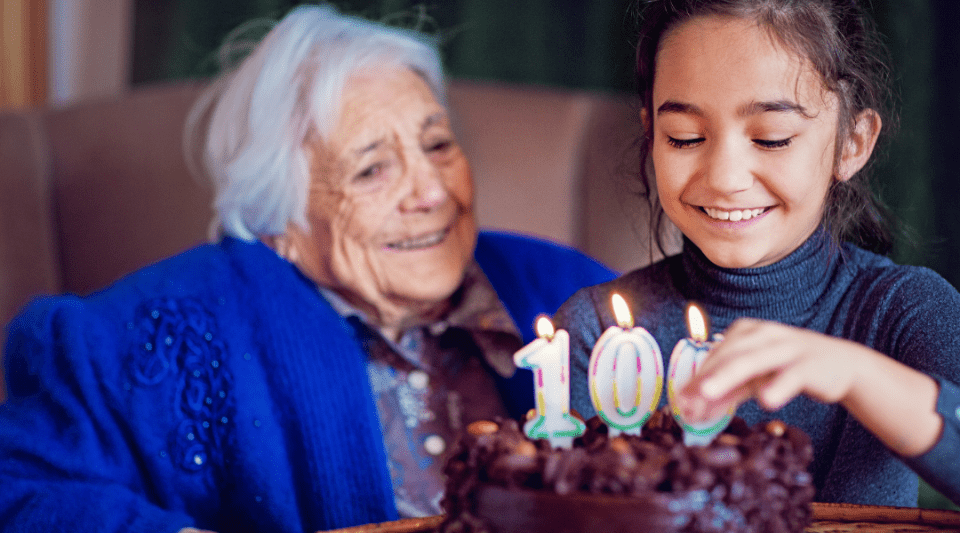When visiting exotic places, different from ones we are used to living in, our body can undergo changes that can lead to various pathologies. The most frequent is traveller’s or tourist's diarrhoea, which is a disorder of the digestive tract usually causing diarrhoea or abdominal cramps. It affects about 40% of people who travel to areas of risk, where the water is not completely clean or where food is not handled safely.
Although this is not a serious problem for most travellers, 30% of people may need 2 or 3 days of rest and to change their travel route as a consequence. The severity of this disorder can be worse for children, especially those under 3 years of age.
Several factors influence the appearance of traveller’s diarrhoea, such as the place of origin and destination. Travellers from developed countries are more likely to have traveller’s diarrhoea. Also, the more poverty at the destination, the greater the incidence of traveller’s diarrhoea.
The length of stay is also important, as there is an increased risk with a longer trip duration. Adventure tourism is also associated with a higher incidence compared to beach tourism. Finally, certain groups of people are more likely to get traveller’s diarrhoea: these are children, young adults between 15 and 30 years of age, the elderly or pregnant women; as well as people with diabetes, HIV, inflammatory bowel disease; or those who have recently had gastric surgery or are undergoing cancer/corticosteroid treatment.
Prevention is better than cure
To prevent traveller’s diarrhoea, you should avoid high-risk foods. These are raw foods, such as shellfish, seafood, unwashed or unpeeled fruit, salads or foods that contain mayonnaise, milk or its derivatives - such as sweet desserts or cheese - as well as cured meat products.
As well as avoiding these foods, peeling fruit and eating well-cooked food, there are other effective measures to prevent traveller’s diarrhoea. You should:
- Take care of your personal hygiene. Wash your hands thoroughly before eating, brush your teeth with bottled water and don't drink water from the shower.
- Consume bottled drinks, which are opened in front of the consumer, or purify water before drinking it.
- Not consume ice in drinks, homemade dairy products or fresh fruit juice.






